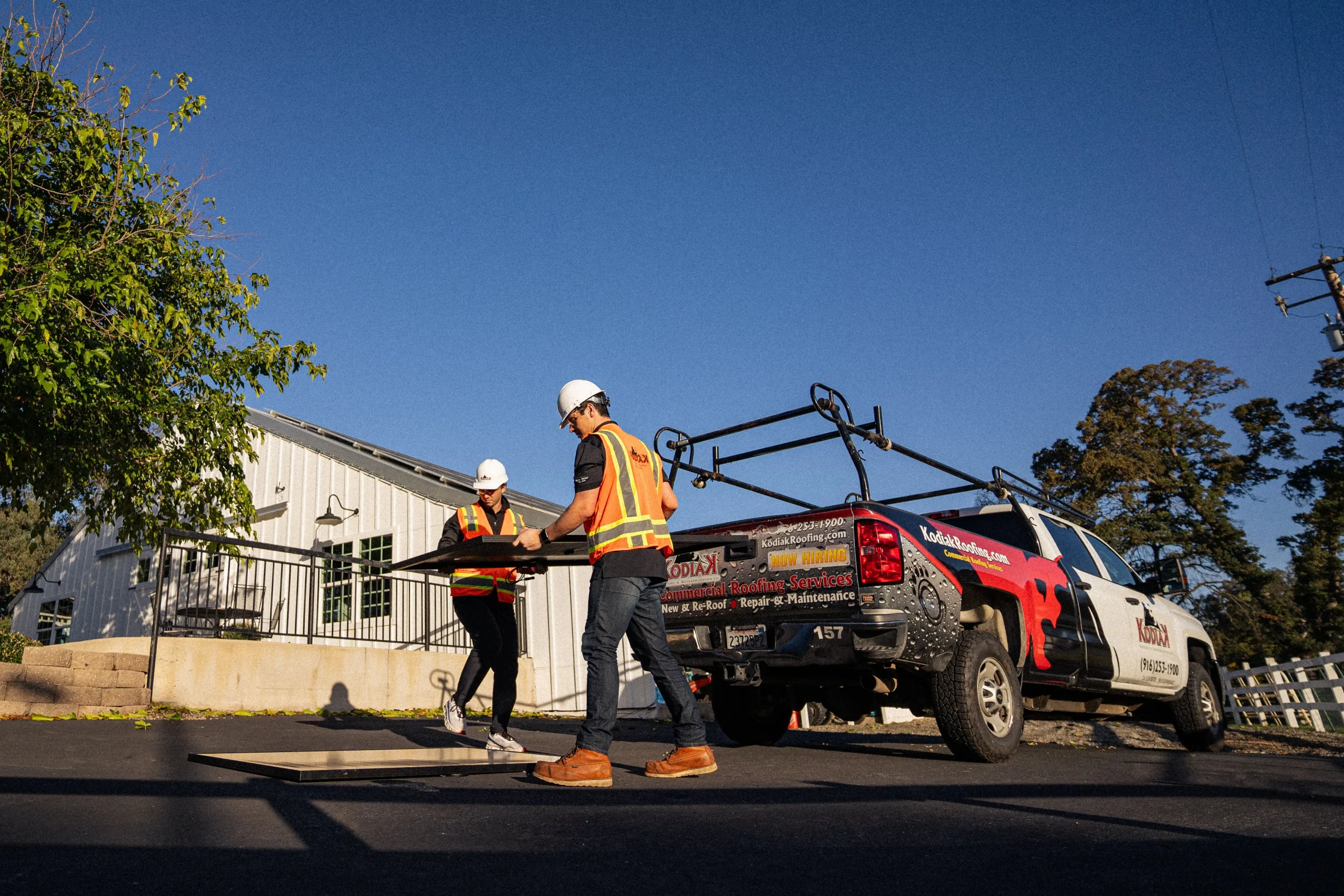
Commercial Solar Solutions
The Safe and Reliable Energy Investment—Solar Power at any Scale
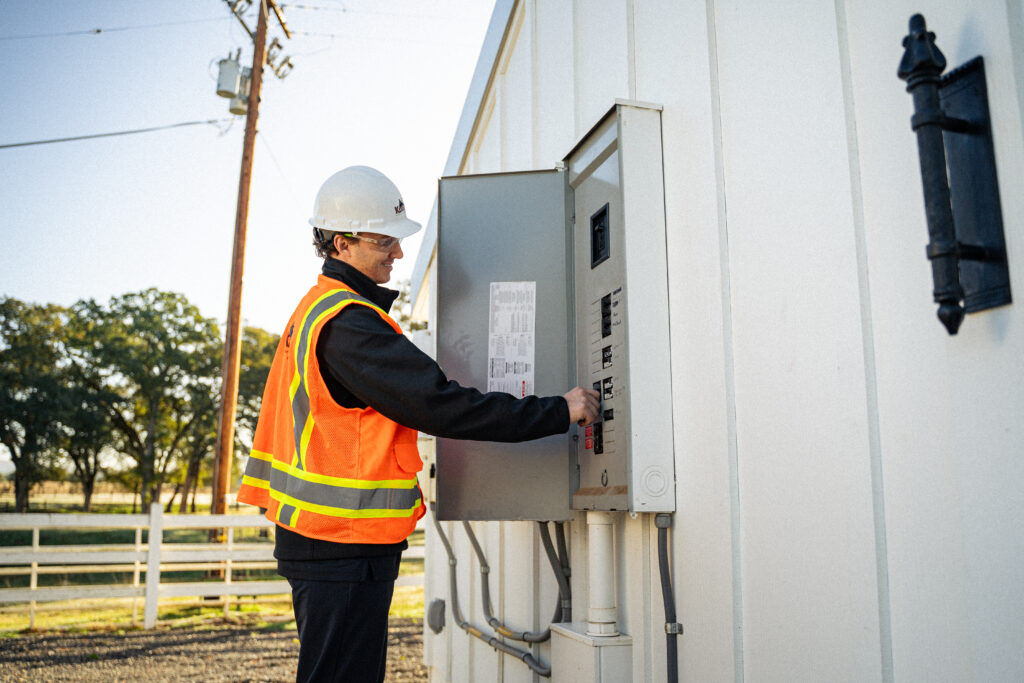
Solar Power your Business
Install Low-Risk Savings
Going solar is the business savvy decision for commercial property owners:
- Effortless Revenue: If you’re a building owner, Solar allows you to become an independent energy producer. What your system produces can be utilized by tenants, allowing you to collect money that would have gone offsite to the utility company.
- Tax Incentives: Immediate tax benefits roll in when you go solar. Take advantage of 30% federal tax credit and local government incentives.
- Utility Savings: Installing solar protects you from future energy costs and lowers your utility meter.
- A Greener Reputation: Your impact starts with the environment, lowering your carbon footprint and reliance on fossil fuels, while positively increasing your company’s reputation in your community.
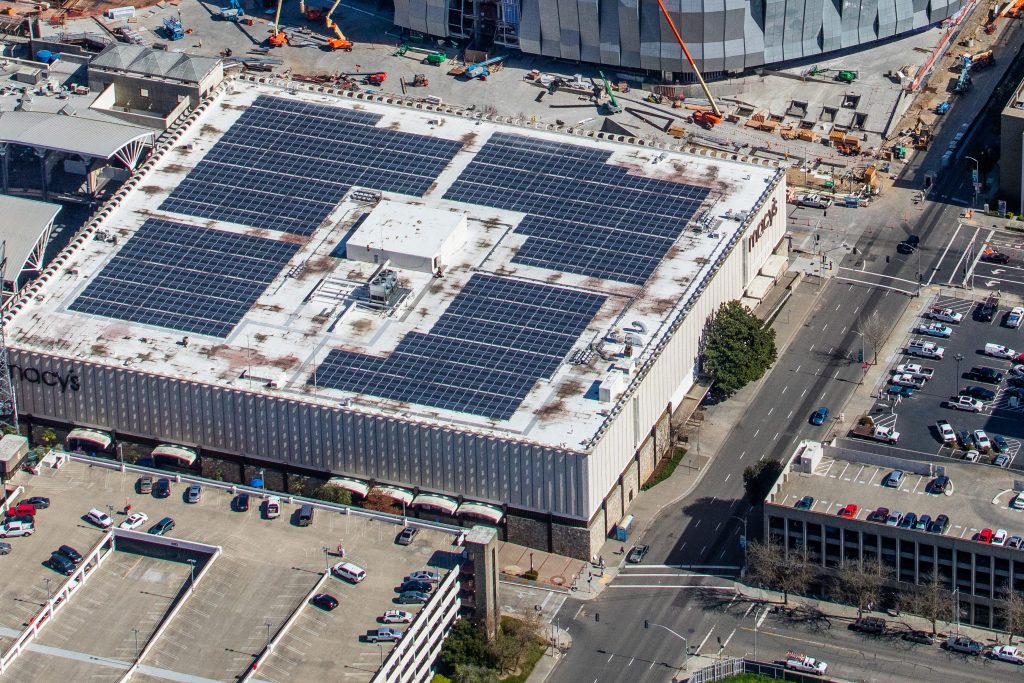
Renewable Payday
A Hands-off NOI and ROI Solution
Property owners that install commercial solar systems enjoy increased revenue and building value. After tax breaks, solar systems will practically pay for themselves in additional revenue from power produced and utilized by tenants.
By offsetting utility costs, tenants enjoy reduced energy rates and avoid inflation from rising utility costs, while reducing your time to ROI and paying for the system in additional NOI/Profits.
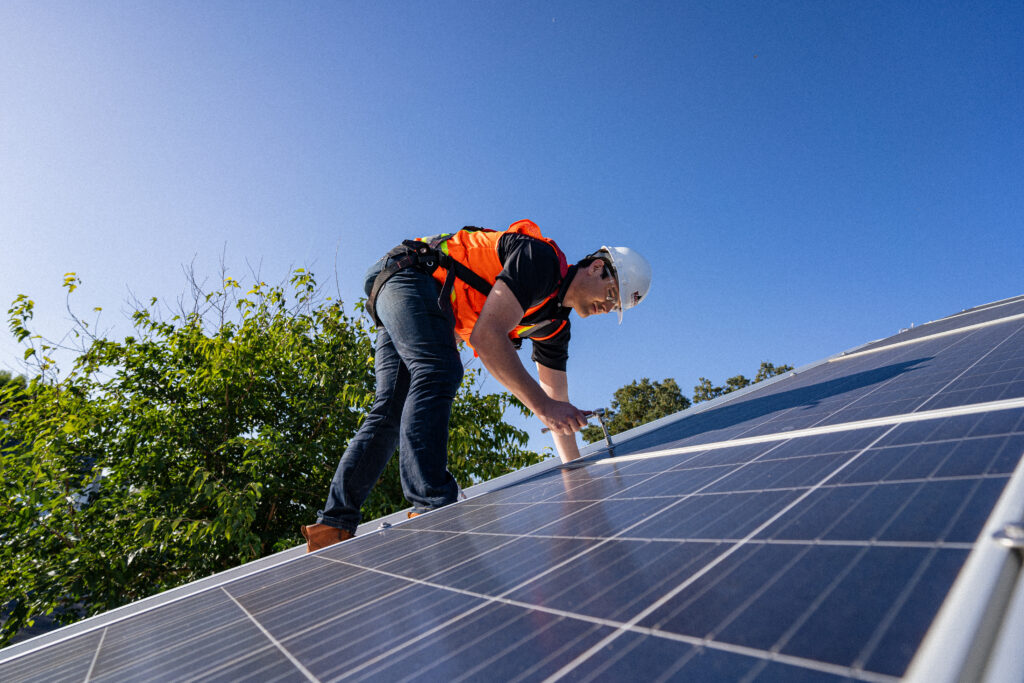
Why Solar?
Innovation Meets Sustainability
Solar power is an inexhaustible resource (at least for the next 5 billion years), which means taking advantage of the energy assets provided by solar panels is the smart investment for your business. Solar panels are becoming more efficient and affordable as innovation continues, creating more savings in upfront cost and a bigger ROI. Plus, your savings will last decades, with solar panels providing peak energy production for an average of 25+ years.
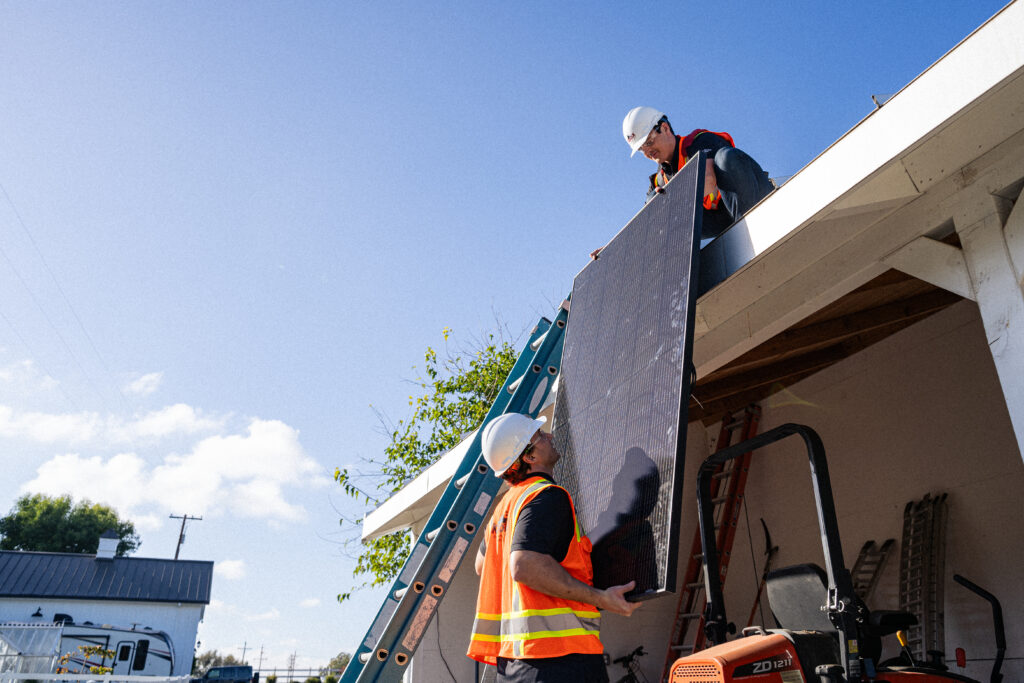
The Kodiak Experience
Highly Collaborative. Exceptional Quality.
Kodiak’s 30+ years of proven expertise in the commercial roofing space has created a reputation of excellence and commitment to quality and safety. We’re bringing that same excellence into the renewable energy field. With Kodiak, you receive the latest technology and software utilized by highly trained, passionate engineers to maximize production, while minimizing your time to ROI.
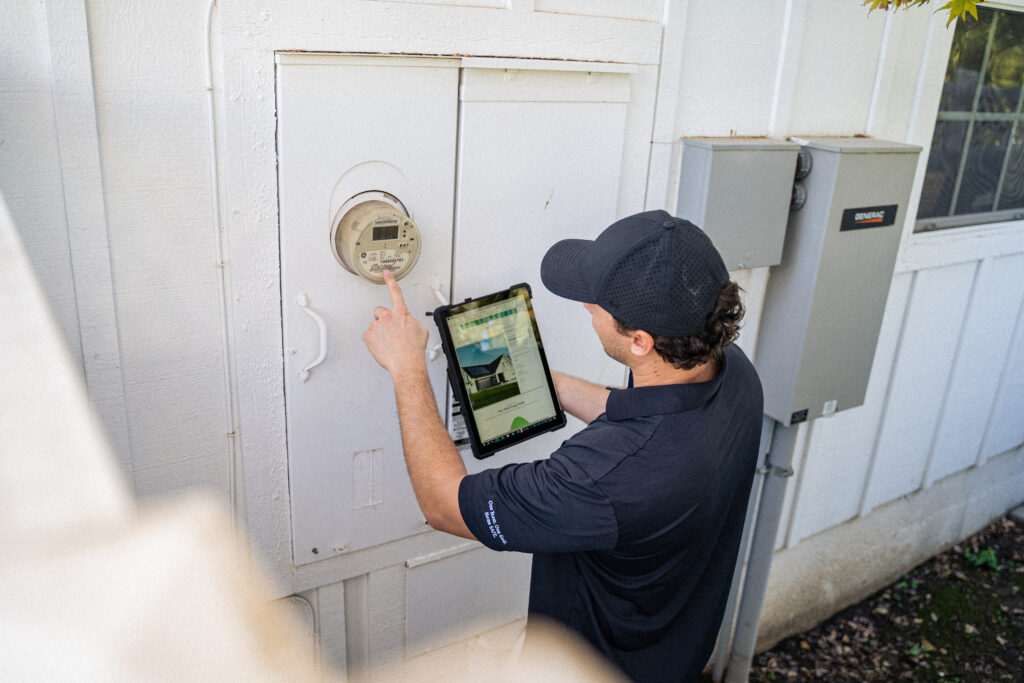
We Go Beyond Sustainability
With Exceptional Quality and Expert Investment Decisions
- Book a consultation: Fill out our free evaluation for an estimate. Still not sure if commercial solar is in your budget? Call our solar experts for a personalized discovery experience.
- Collaborate: Our skilled professionals work with you to strategize and discover what your business needs are, fulfilling your energy requirements while sticking to your budget.
- Installation: We install the perfect solar system that is customized to your business and provides the fastest turnaround to ROI. Our employees are our greatest asset—with our commitment to safety, we make sure the job gets done right, and everyone is home safe.
- Start Saving: Your new system will lower your utility bill, carbon footprint, and provide a hassle-free revenue stream from day one. Resulting in immediate savings, ROI and a visible impact on your company’s reputation.
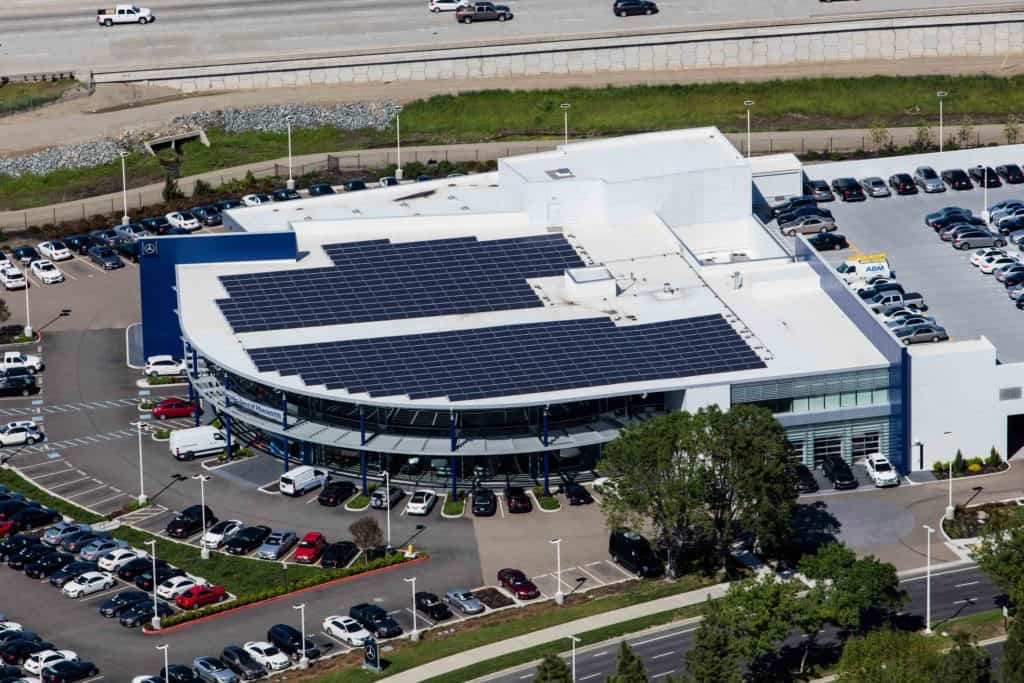
Frequently Asked Questions
Is it permissible for property owners to bill tenants for solar-generated electricity in California?
Yes, property owners in several states have the legal right to sell solar energy to their tenants. This practice is sanctioned in a broad range of states such as Arizona, California, Oregon, Hawaii, New Jersey, and Delaware, among others. This enables property owners to effectively utilize their solar installations and provide a sustainable energy source to their tenants. In California, this was established in the 1921 decision of the California Supreme Court in the case of Story v. Richardson, 198 P. 1057, 186 Cal. 162. This ruling clarified that a landlord providing utility services, such as solar energy, to tenants is not considered a public utility service and, therefore, is not subject to regulation by the California Public Utilities Commission (CPUC). This precedent supports landlords in California in their ability to offer solar energy as a service to their tenants.
What are the incentives and rebates available for commercial solar installations in California?
Self-Generation Incentive Program (SGIP): This program encourages the installation of technologies like advanced energy storage systems, fuel cells, and wind turbines to reduce grid demand. Commercial entities can receive incentives for installing solar-plus-energy storage systems. Solar Energy System Property Tax Exclusion: This exclusion, under Section 73 of the California Revenue and Taxation Code, prevents property tax increases due to solar panel system installations on commercial properties until January 1, 2025. Property-Assessed Clean Energy (PACE) Programs: PACE enables commercial property owners to finance solar energy projects without large upfront costs, with expenses repaid through property assessments. Local Solar Rebates: Many California cities offer additional solar rebate programs, which can be stacked with state or federal incentives.
How does Net Energy Metering (NEM) work for commercial solar in California?
NEM allows commercial solar customers to sell excess solar energy back to the grid, reducing their electricity bills. The state’s major utilities are required to buy excess solar energy at near retail rates, offering credits for excess electricity produced by solar systems
What is the ROI and cost-benefit analysis for commercial solar in California?
Savings Over System Lifetime: Businesses can save significantly over the 25 to 30-year lifetime of a commercial solar system, influenced by financing options, federal and local incentives, and pre-solar utility rates. Simple Payback: This is calculated by dividing the net cost of the solar system (after incentives) by annual utility bill savings. Return on Investment (ROI): ROI calculations include various factors like current utility rates, projected utility cost increases, system energy production, lifetime installation costs, and value of incentives over the system’s lifetime. Net Present Value (NPV): NPV takes into account the time value of money, inflation, interest, and opportunity costs, generally yielding a positive value for commercial solar projects over their lifetime. Internal Rate of Return (IRR): IRR indicates the speed at which investment returns are realized, helping business owners compare the returns of solar investments with other capital investments

